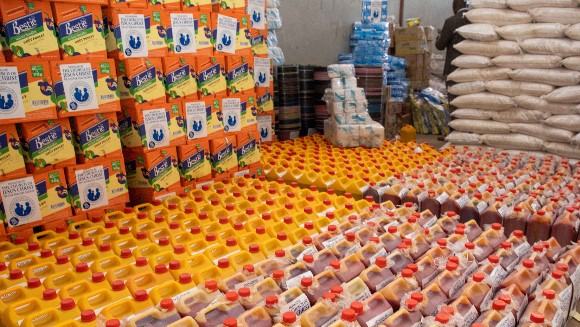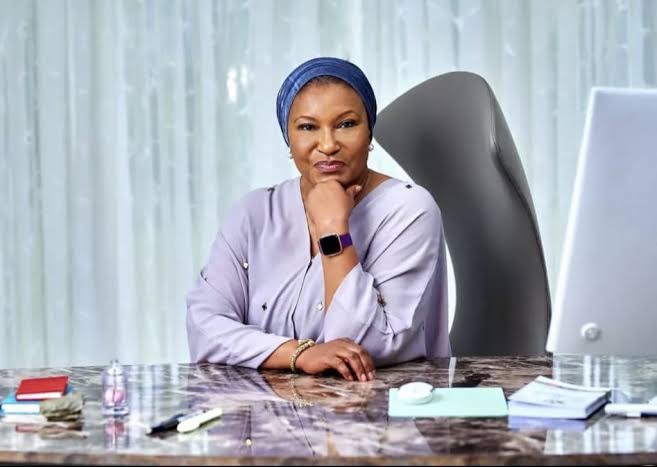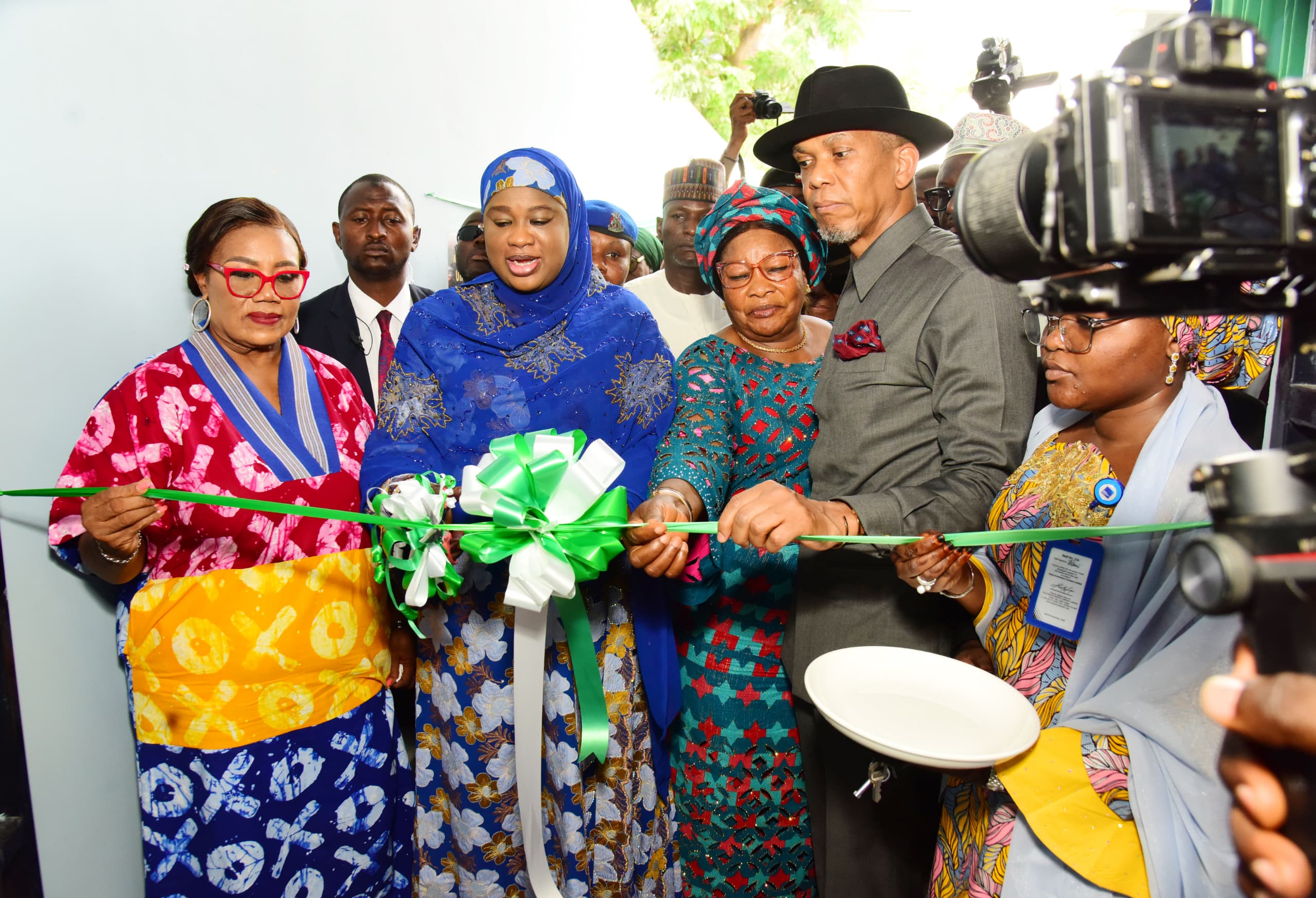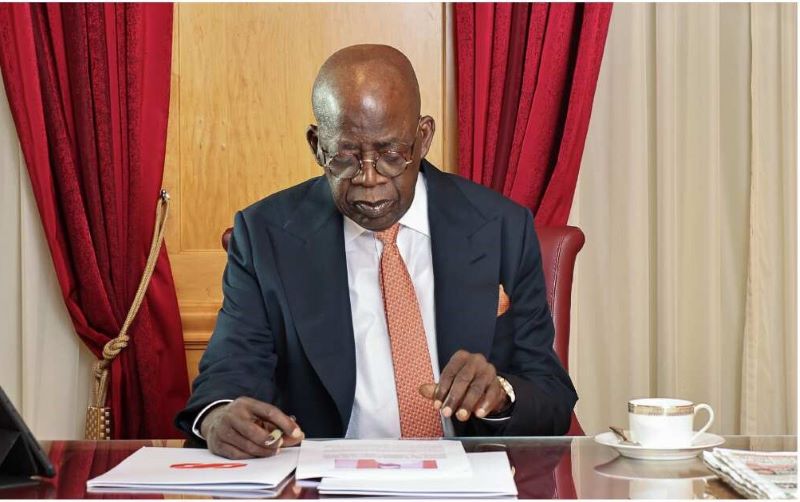Internally Displaced Persons (IDPs) at the Durumi IDP Camp in Abuja have been left in shock and frustration after government officials uncovered hoarded relief materials meant for their survival, exposing a disturbing case of neglect and mismanagement.
The Federal Commissioner of the National Commission for Refugees, Migrants, and Internally Displaced Persons (NCFRMI), Aliyu Ahmed, made the startling discovery during a visit to inaugurate a computer training center donated by the Brand Life Vision Foundation.
Instead of reaching the vulnerable IDPs, food and non-food relief items were found locked away inside classrooms, unused and out of reach of those who need them most.
For thousands of displaced persons struggling with hunger, poor healthcare, and harsh living conditions, the revelation has only deepened their sense of abandonment.

“We have been going to bed hungry, begging for food, not knowing that supplies meant for us were right here, hidden away,” lamented Aisha Musa, a mother of four living in the camp.
Another IDP, Mallam Sani, questioned the accountability of aid distribution: “If these materials were donated for us, why are they locked up? Who is benefiting from our suffering?”
Fuming over the discovery, Commissioner Ahmed condemned the act, describing it as “unacceptable and inhumane.” He vowed to launch a full-scale investigation into the incident and extend the probe to other IDP camps across the country.
“This is deeply disturbing. Aid is meant to alleviate suffering, not be stockpiled in locked classrooms. We will investigate, hold those responsible accountable, and ensure that this does not happen again,” he declared.
He also assured IDPs that the federal government remains committed to their welfare and will strengthen oversight mechanisms to prevent the diversion or hoarding of relief supplies.
While the discovery of hoarded aid has sparked outrage, experts say the issue goes beyond food and relief supplies. The long-term neglect of IDPs in Nigeria highlights the urgent need for structural reforms in humanitarian aid distribution.
Founder of the Brightlife Vision Foundation, Hajia Binta Sidi, called for better accountability and sustainable interventions, noting that IDPs need education and skills training to rebuild their lives rather than just short-term relief.
“Giving food is important, but what happens after that? IDPs need opportunities for education, skill-building, and employment. This is the only way to give them a future,” she said while announcing her foundation’s plans to train 1,000 IDPs nationwide.
The discovery at the Durumi camp is a wake-up call for both the government and humanitarian agencies to ensure that aid reaches its intended recipients without delay or obstruction.
With IDPs still living in harsh conditions despite millions of naira allocated for their welfare, activists are demanding an urgent audit of all IDP camps to identify similar cases of mismanagement.
As investigations unfold, the question remains: Who is hoarding relief meant for Nigeria’s most vulnerable citizens, and when will they be held accountable?



